On the morning of August 29, continuing the program of the 6th National Assembly Delegates' Conference, delegates discussed the draft Law on Value Added Tax (amended), in which the proposal to include fertilizers in the list of products subject to the value added tax (VAT) rate of 5% was the content that many delegates were interested in giving their opinions.

The tax will increase costs for farmers.
On the side of the examining agency, the National Assembly's Finance and Budget Committee said that in the Standing Committee of the Committee, there are currently two streams of opinion related to the above issue.
First point of view, It is recommended to keep the current regulations because if fertilizers are changed to be subject to a 5% tax rate, farmers (fishermen) will be greatly affected because fertilizer prices will increase when there is value added tax, leading to an increase in the cost of agricultural products, contrary to the spirit of encouraging agricultural, farmer and rural development according to Resolution No. 19-NQ/TW.
Second point of view, Agree with the drafting agency to transfer the group of fertilizers, machinery, specialized equipment for agricultural production, and fishing vessels to the 5% VAT rate. The return to applying the 5% tax rate will have certain impacts on the selling price of fertilizers on the market, increasing the cost of imported fertilizers; at the same time, reducing the cost of domestically produced fertilizers. Fertilizer manufacturing enterprises will be refunded tax because the output tax (5%) is lower than the input tax (10%) and the state budget will not increase revenue due to the need to offset the increased revenue from imports with the tax refund for domestic production.
Discussing this issue, delegate Mai Van Hai (Thanh Hoa delegation) proposed keeping fertilizers exempt from VAT as per current regulations. According to Mr. Hai, imposing the tax would increase costs for farmers.
Delegates said that it is necessary to carefully consider the imposition of taxes in the context of many difficulties for farmers, and the situation of abandoned fields in many places still occurs due to low income. "At present, there should not be a tax on fertilizers," said delegate Mai Van Hai.

To harmonize the interests of producers and farmers, delegate Dinh Ngoc Minh (Ca Mau delegation) proposed to apply a 0% tax rate on fertilizers, with this proposal businesses will be refunded tax. "Farmers work hard from dawn to dusk, but their profits are not much. If we collect 5% VAT on fertilizers, it will directly affect the efficiency of agricultural production," delegate Dinh Ngoc Minh worried.
According to delegate Duong Khac Mai (Dak Nong delegation), if the current law is maintained, fertilizer production enterprises will not be able to deduct input VAT, and this fee will be included in production costs, increasing product prices. This will reduce competitiveness compared to imported products.
However, if fertilizers are subject to VAT at a rate of 5%, it will solve the problems related to input VAT refunds for businesses, but it will certainly increase fertilizer prices. "This will affect agricultural production and farmers' lives. Therefore, it is necessary to keep the current regulations, fertilizers are not subject to VAT," said delegate Duong Khac Mai.
In case of wanting to ensure harmony, it is proposed to put fertilizers under VAT with a tax rate of 0%. This will both solve the problem related to input VAT refunds of enterprises and not affect agricultural production, and can even reduce fertilizer prices, encouraging agricultural development.
Modern, objective but must be true to the nature of indirect taxes
Commenting on the draft Law, delegate Trinh Xuan An (Dong Nai delegation) emphasized that the Law on Value Added Tax is a law that has a profound impact on the whole society, on everyone, on every household; therefore, Vietnam needs a truly modern and objective tax, but it must also be true to the nature of indirect tax.
Value added tax is different from other taxes because this law needs to have "rails" for the regulations to be objective. Therefore, delegate Trinh Xuan An said that the contents of the draft law need to aim for universality, not directly targeting any subject to avoid too specific regulations that would lose the objectivity of this type of tax.

Concerned about the value added tax policy for the supply chain of crops, forest products, livestock, aquaculture, and fishing products that have not been processed into other products or have only undergone conventional preliminary processing, delegate Trang A Duong (Ha Giang delegation) stated that, according to the policy orientation, preliminary processed agricultural products are essential products in life to ensure food security and social security, so they should be supported for development. The general principle of value added tax will apply to non-taxable objects for preliminary processed agricultural products at all stages.
However, the value added tax in the value chain of primary agricultural products is not unified at all stages, so the value added tax is recorded twice in the cost price, increasing the price of primary agricultural products, not ensuring social security goals. "This is one of the many shortcomings that have not been resolved in the draft revised Tax Law this time", delegate Trang A Duong pointed out.
According to current regulations, at the production stage, organizations and individuals producing agricultural and livestock products must record all input VAT as costs. At the preliminary processing stage, organizations that purchase agricultural products for preliminary processing and sell them to commercial organizations cannot deduct, refund, or record costs, so they continuously accumulate and increase, leading to prolonged cash flow stagnation and increased capital costs. At the commercial business stage, commercial organizations are subject to 5% VAT when selling preliminary processed agricultural products and add it to the product cost.
“Thus, in the value chain of primary agricultural products, there are 3 different VAT rates applied at each stage, including: non-taxable at the production stage; non-taxable at the primary processing stage; and 5% tax rate at the commercial sale stage. This is not consistent with the general principle of VAT, which is to determine a single VAT rate for primary agricultural products uniformly at all stages of import, production, primary processing or commercial business,” delegate Trang A Duong pointed out.
On that basis, delegate Trang A Duong proposed that it is necessary to apply uniformly according to non-taxable subjects at all stages of import, production, preliminary processing or commercial business. Thus, only the actual input value-added tax arising at the production and preliminary processing stages is recorded in the cost price of preliminary processed agricultural products, the 5% value-added tax at the commercial stage no longer arises, so it does not increase the cost price of preliminary processed agricultural products.
Source








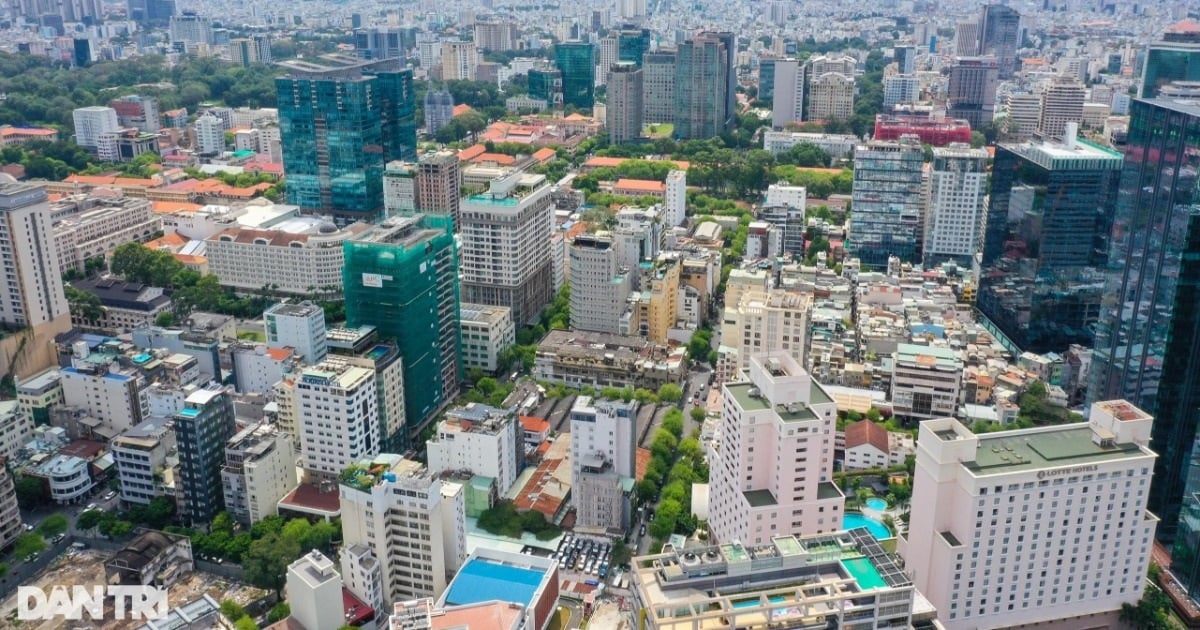



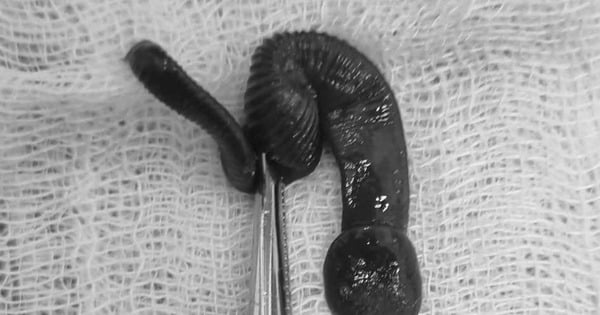




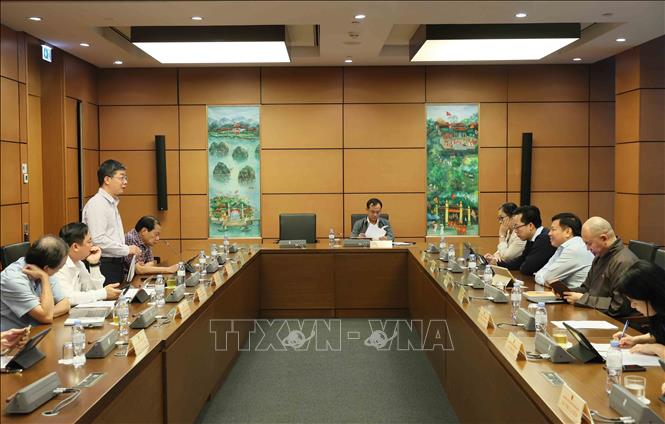
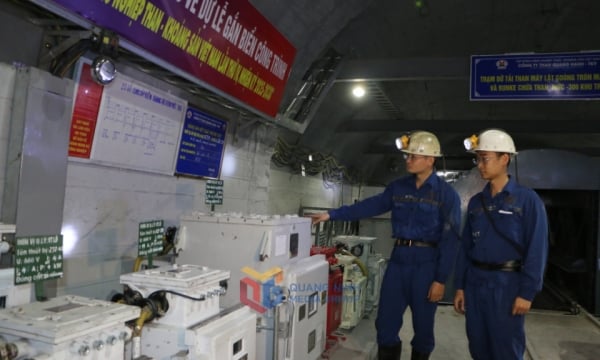
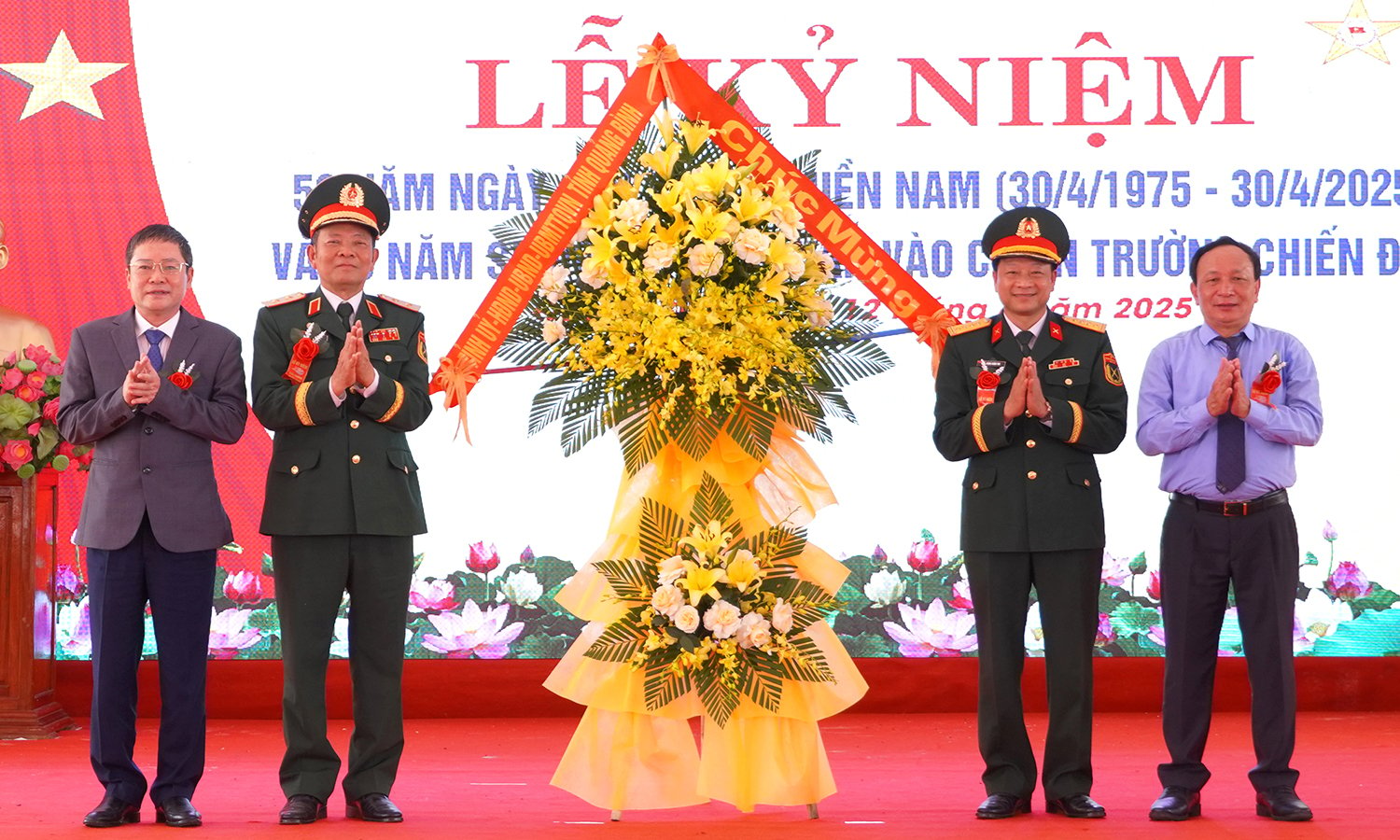

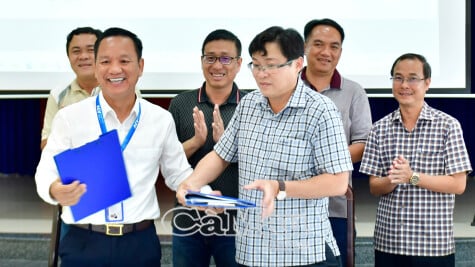
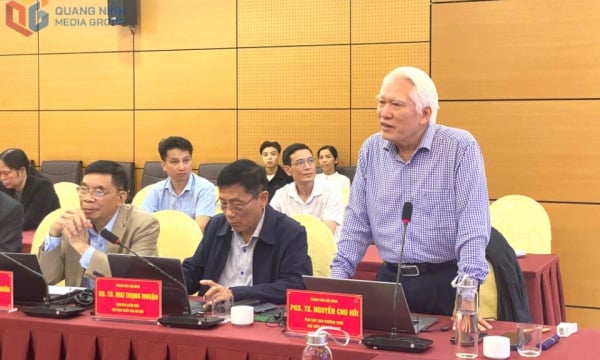



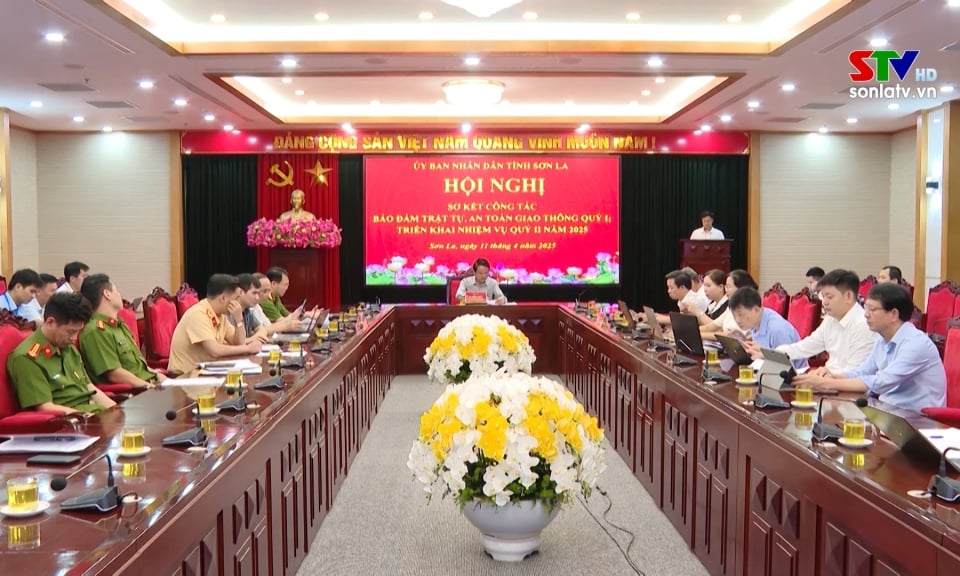
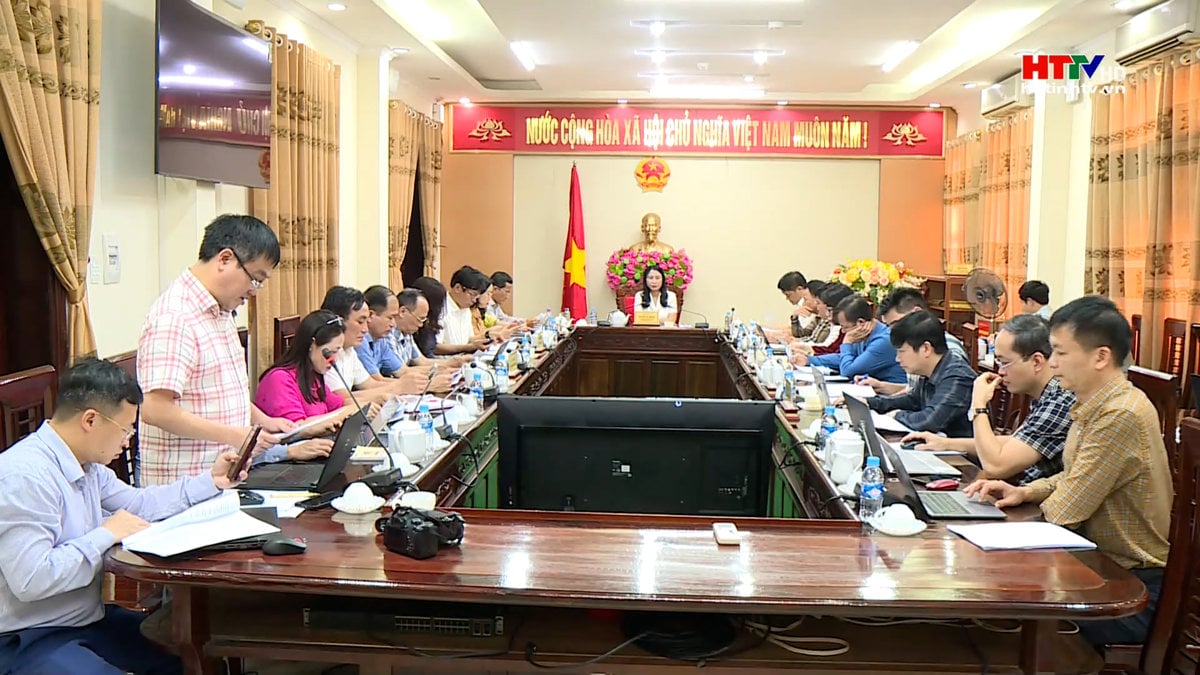
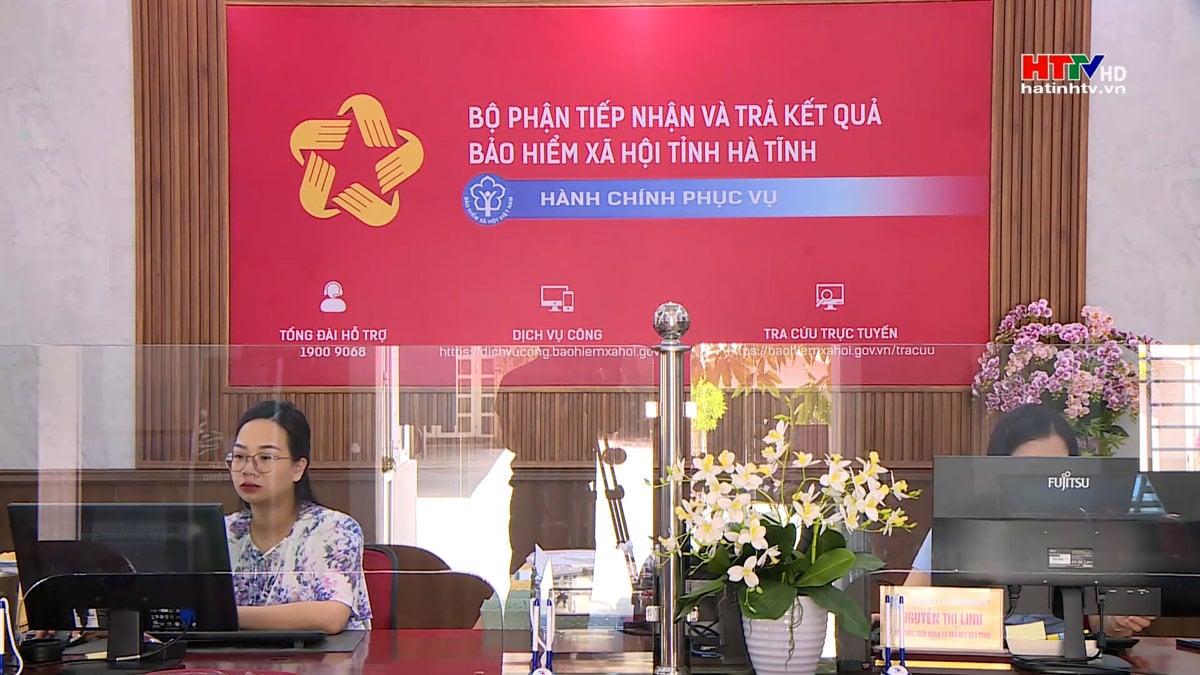



![[Photo] "Beauties" participate in the parade rehearsal at Bien Hoa airport](https://vstatic.vietnam.vn/vietnam/resource/IMAGE/2025/4/11/155502af3384431e918de0e2e585d13a)












































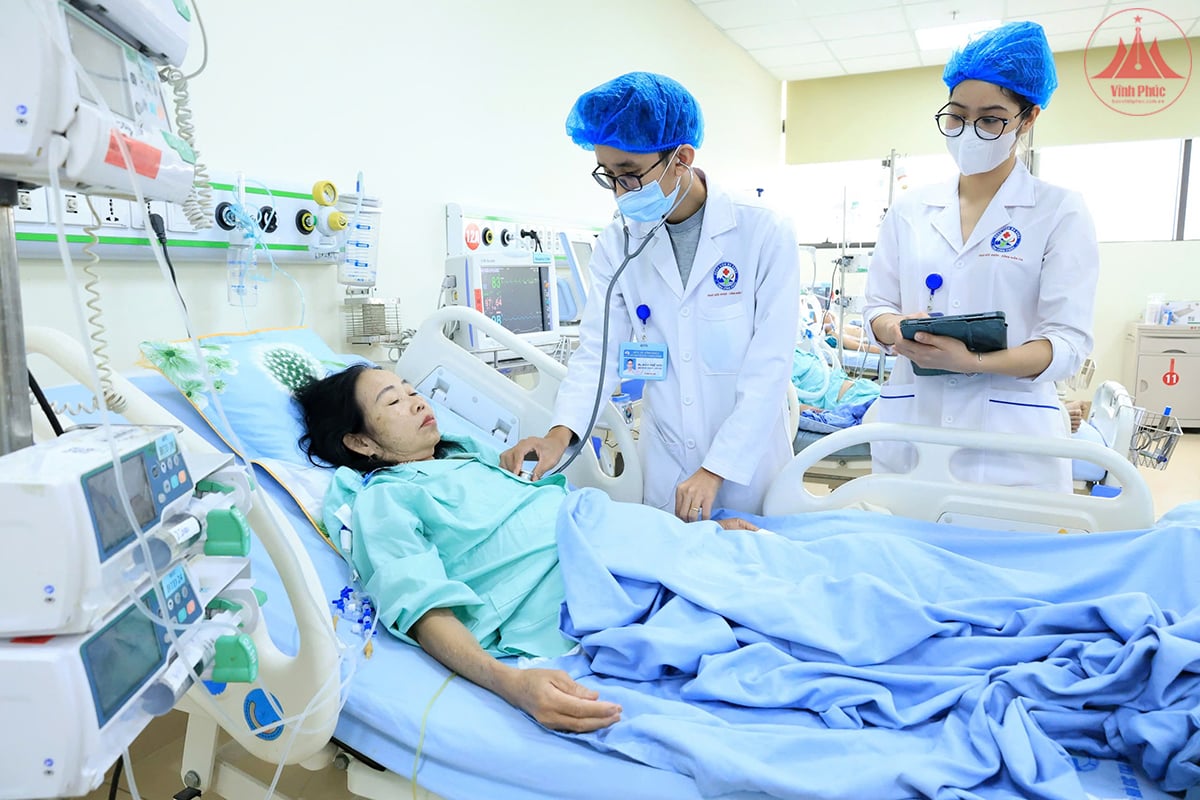

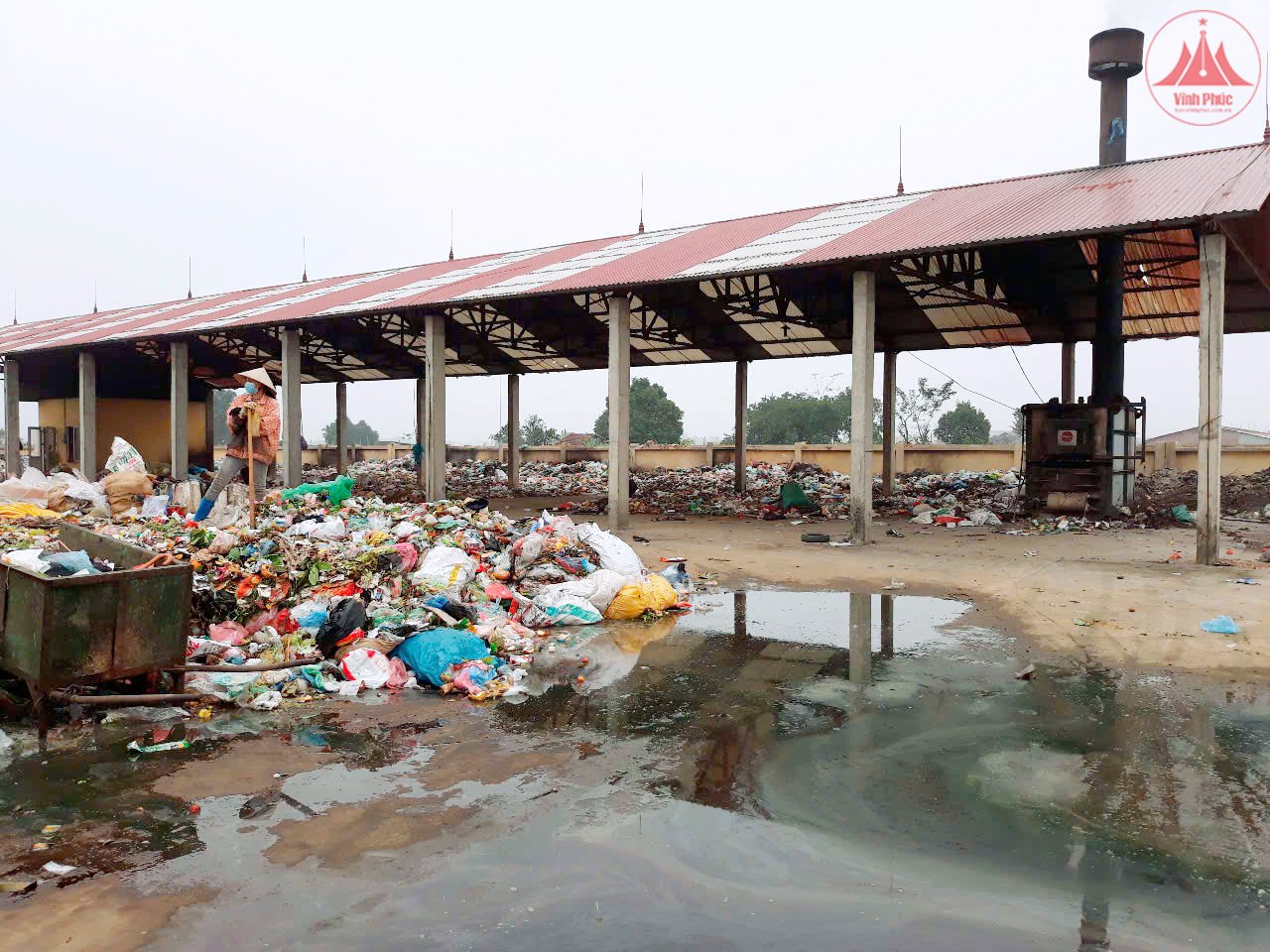
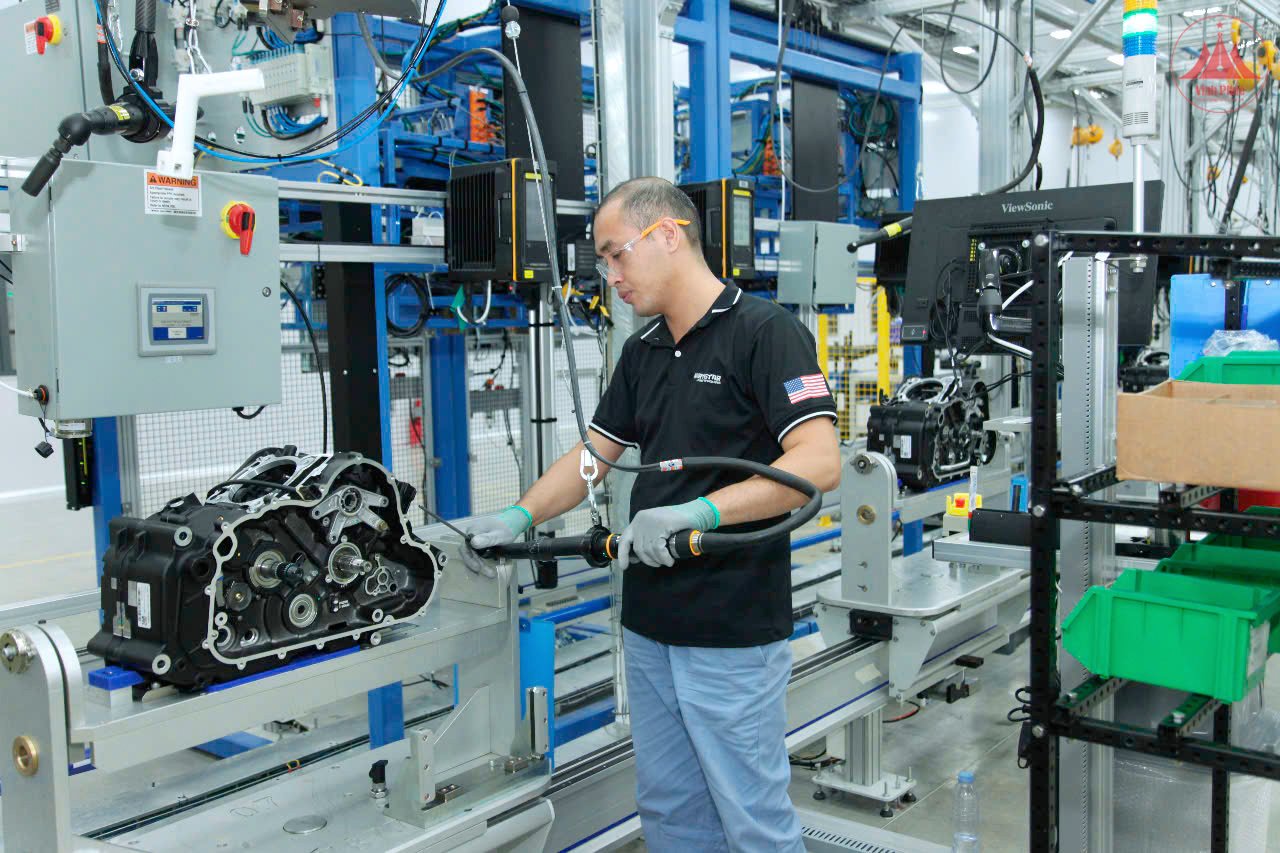

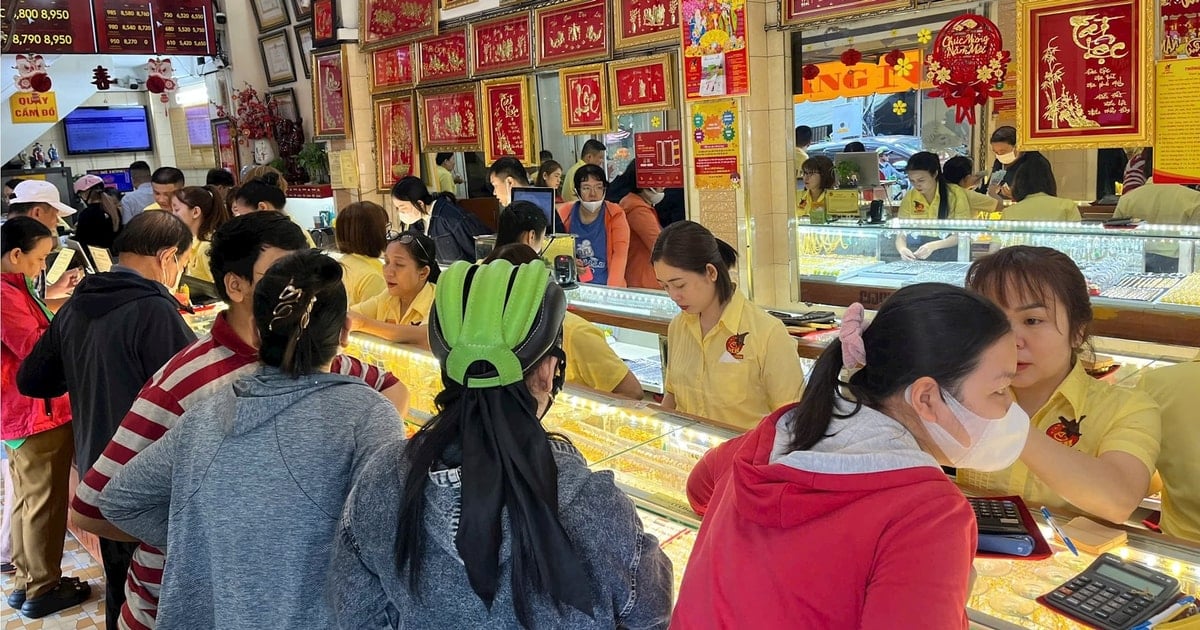










Comment (0)